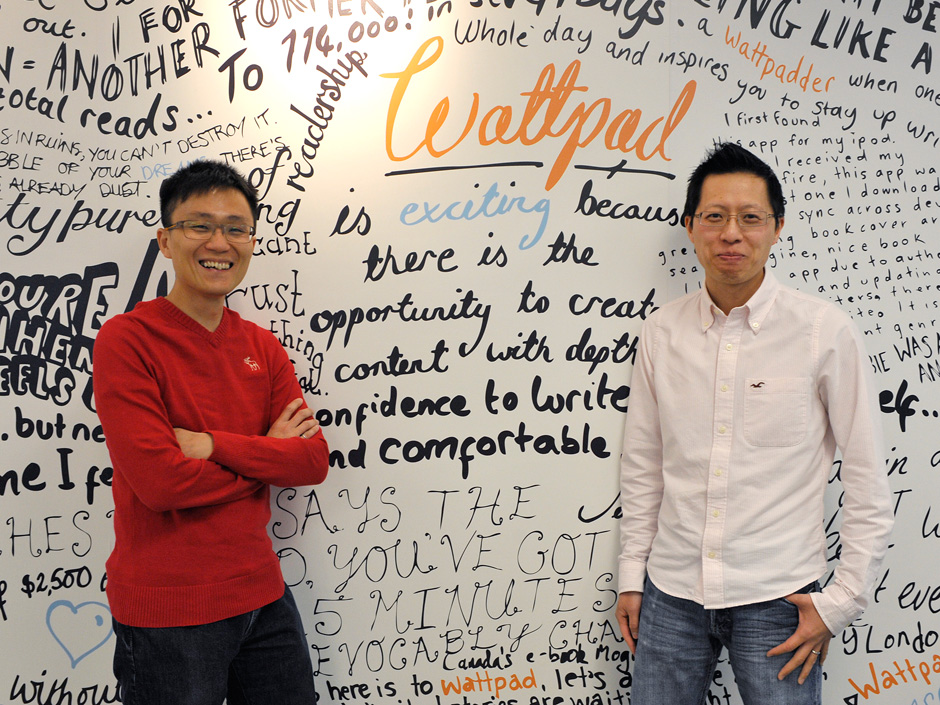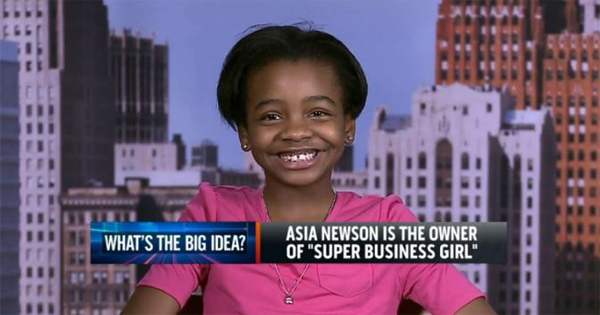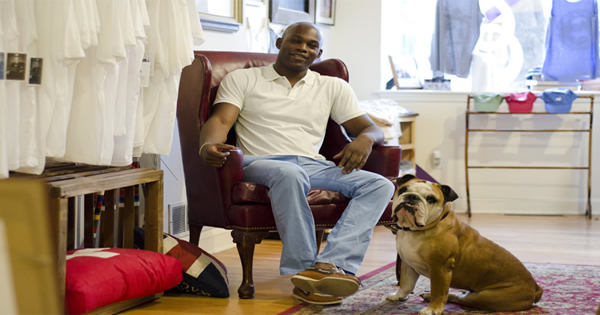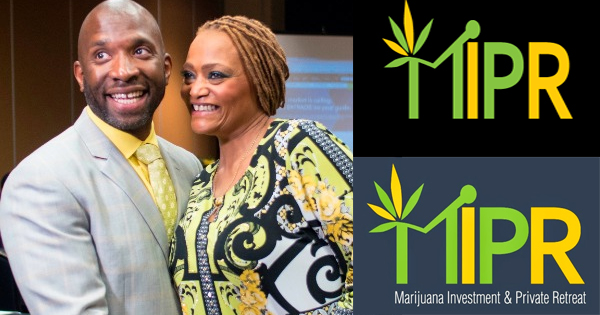In 2007, Allen Lau stepped into a coffee shop in his hometown of Toronto to meet with his business partner, Ivan Yuen. The topic of discussion that day: Decide what to do with Wattpad, their struggling business. When Lau sat down, he pushed his coffee to the center of the table and said to Yuen, “I just spent our total revenue from last month on this coffee, so we have to share it.”
The moment was a low point for Lau, one that stood in sharp contrast to the optimism he had felt a year earlier on a flight home from Vancouver. Earlier that day, he had met with his friend Yuen in the food court of the Vancouver airport to talk about their mutual interest in mobile reading platforms. That conversation gave birth to Wattpad, which the two men envisioned as an online community where people would share their writing–stories, poems, fan fiction, serialized novels, etc.–and readers would consume the user-generated content on mobile devices. It would be a place where writers and avid readers could find one another and interact.
At the time, Google had just bought YouTube, which was just over a year old, for $1.65 billion. Lau and Yuen believed Wattpad had similar potential. After all, as Lau saw it, human beings have been sharing stories for thousands of years–around fires and in town squares prior to the written word. Wattpad would tap into this basic, human drive, but on a massive, global scale. Lau imagined millions, eventually billions, using the platform.
Because of his initial optimism, Lau decided to leave his full-time job and focus on building Wattpad for a year. Considering what YouTube had been able to do in a year, Lau expected that at the end of 12 months he would be able to raise capital–lots of it–for Wattpad.
The Crisis
But a year later, Lau and Yuen could only muster enough revenue to buy a single cup of joe, and they had only around a few hundred people using Wattpad. With a product that wasn’t gaining traction, they stood no chance of raising money. But both still believed in Wattpad’s potential, and both badly wanted to realize their vision of a global storytelling community.
As they considered what to do, Lau thought about the prevailing wisdom of startup success, which was all about focus. Unless you were laser focused on building your product, evolving it, driving users to it, and quickly creating critical mass, the startup would never get off the ground. YouTube, which had inspired Lau and Yuen, had achieved its success through the relentless focus of the founders. There was no point limping along.
Or was there?
Shunning Conventional Wisdom
As Lau thought more about Wattpad’s problem, he began to feel that focus might not be its best bet. Rather, limping along for the time being might just be the road to success for Wattpad. As he saw it, the company was where it was because its timing was off. The Motorola Razr, one of the most popular mobile devices at the time, only let you read eight lines of text. Lau knew that Wattpad would never take off until mobile device makers caught on to the idea that people wanted to consume content on their devices and built them for that use. If Lau and Yuen chose to keep focusing, they would both struggle to survive financially and quickly burn out, and then they’d have nothing to give to Wattpad when the timing was better.
So Lau decided to shun the advice to focus. Instead, he and Yuen would dabble in Wattpad in their spare time, while they turned the majority of their attention to starting a consulting company and founding another startup. The revenue they generated from both ventures would allow them to support their families and keep the lights on at Wattpad.
Over the ensuing months and years, Lau and Yuen would tinker with the product, adding new features, and slowly, gradually, people started to sign up. Then, as Lau suspected, as mobile devices evolved to make the reading experience easier, Wattpad’s number of users grew. Two years later, limping along had finally paid off. By 2009, Wattpad had a million monthly users. Lau and Yuen left the new startup they were working on at the time, jumped back into Wattpad full time, and went looking for investors. The pair would raise $600,000 that year, and by the following year more than five million people would download Wattpad’s mobile app. In 2011, Lau and Yuen would raise $3.5 million from various investors, including Union Square Ventures.
Less than a year later, Wattpad would raise another round, with participation from Khosla Ventures and AME Cloud Ventures, which was founded by Jerry Yang, the co-founder and former CEO of Yahoo. The monthly users would continue to grow and so would the amount of money investors poured into Wattpad. By the end of 2014, the site had 35 million monthly users who would share close to 100,000 uploads a day, and the company had another $46 million from investors, bringing the total funds raised for Wattpad close to $70 million.
Today, Wattpad is the largest community in the world for reading and sharing stories, with 40 million users each month. The company employs more than 100 people. As Lau says, “We would never be here if we hadn’t followed the right strategy for Wattpad during the crisis in 2007. Focusing was not the right thing to do. Buying time was.”
Lau’s advice to other entrepreneurs: “There’s always a prevailing wisdom. ‘Focus’ or ‘Pivot’ or ‘Bootstrap.’ You have to be careful not to follow the wisdom blindly. Look carefully at what’s happening and why, and prescribe the best solution. It might not be what others suggest you do.”
[fbcomments url=”http://urbanmoney.org/project/this-entrepreneur-raised-70-million-by-ignoring-some-popular-startup-advice/” width=”790″ count=”off” num=”30″ countmsg=”wonderful comments!”]


















